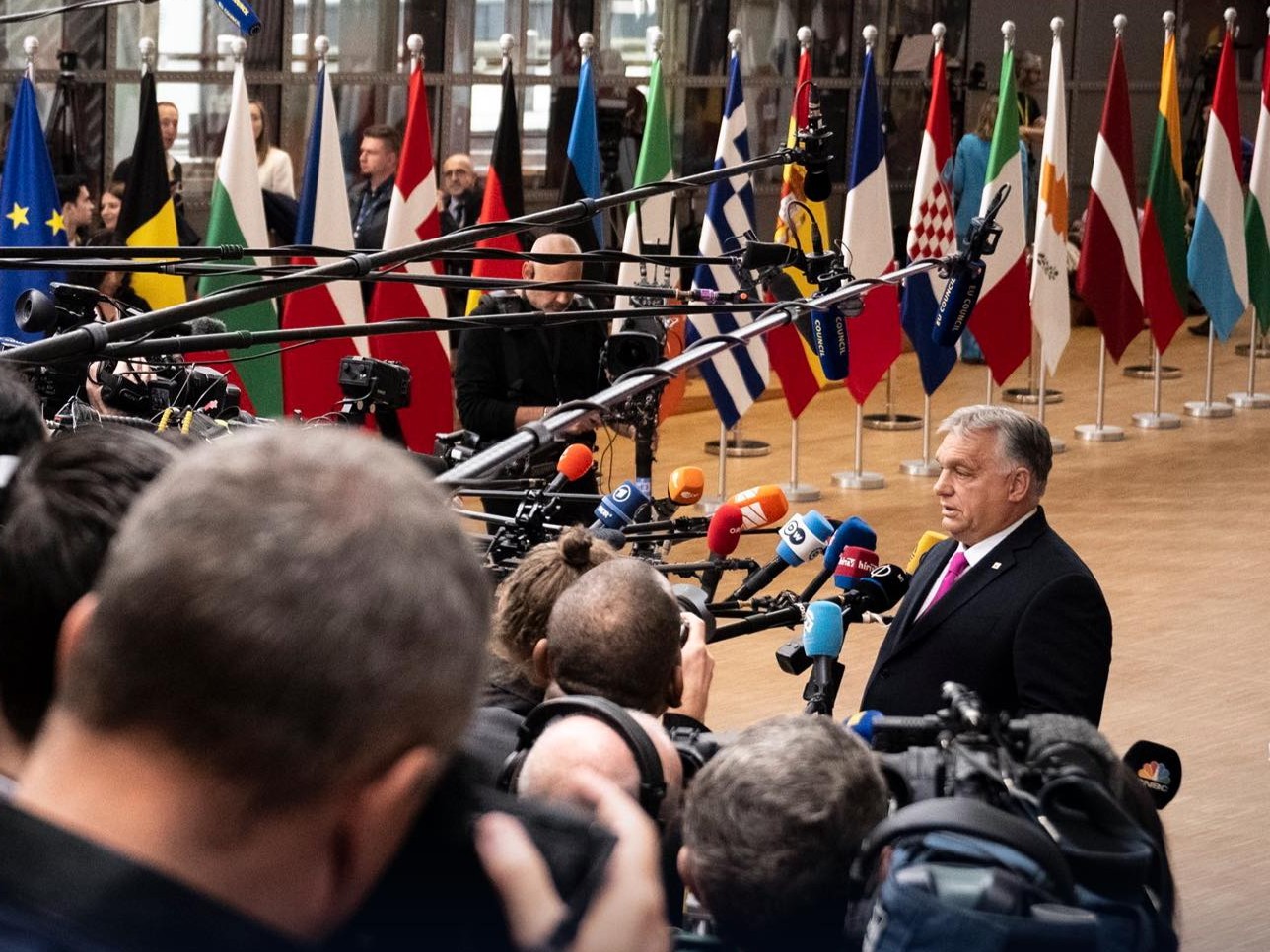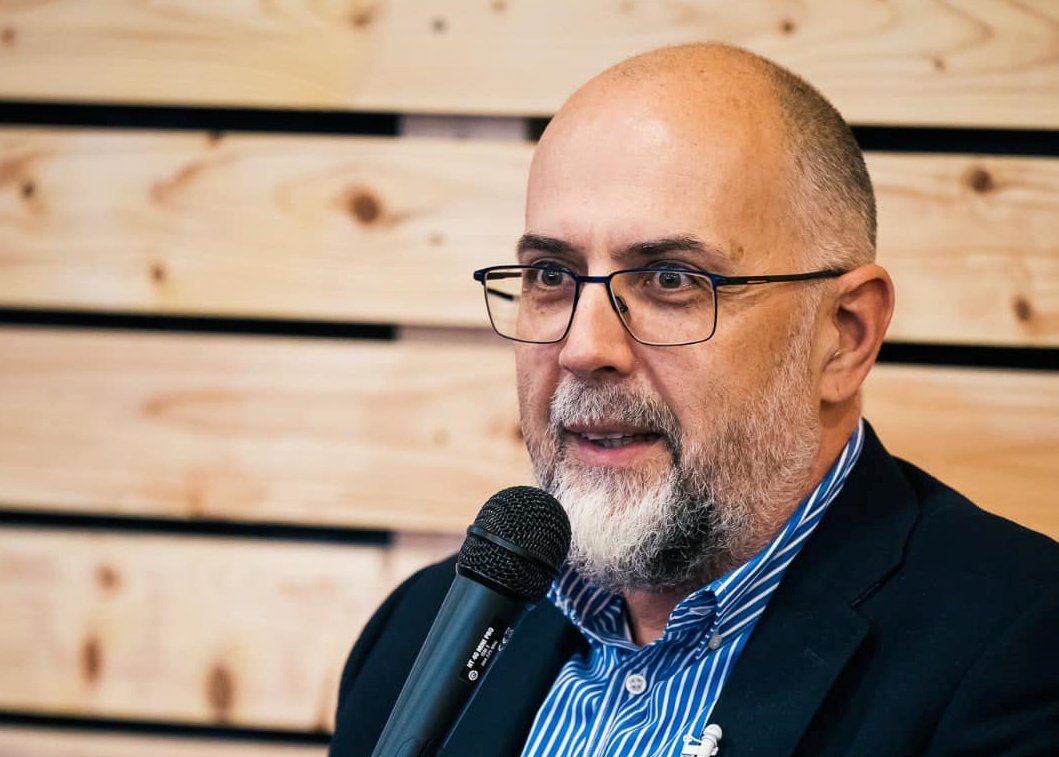
On Monday, Hungary vetoed an EU draft legislation on phasing out Russian energy sources.Continue reading

“It is yet to be decided whether the Democratic Alliance of Hungarians in Romania (RMDSZ) will participate in the new coalition government to be formed in Bucharest, as it does not want to remain a decorative element in the cabinet without any political influence,” said Kelemen Hunor, president of RMDSZ, in an interview with RFI radio.
Reflecting on the informal consultations that began three weeks ago, the RMDSZ president confirmed that the two major parties, the Social Democratic Party (PSD) and the National Liberal Party (PNL), agreed on Tuesday to take turns leading the government, i.e. they will replace the Prime Minister mid-term, as they did during the party leadership of Nicolae Ciuca (PNL) and Marcel Ciolacu (PSD). According to Hunor Kelemen, this “political rotation” is a fundamental strategic mistake that undermines the Prime Minister’s authority, and everything that happened between 2022 and 2024, proved that it was a bad solution, as it “led Romania into deep economic difficulties.”
He explained that it would have been better to learn from this and have the painful measures aimed at reducing the budget deficit implemented by a confident, determined political government, which in any case has little chance of staying in power until the 2028 elections amid the expected social unrest. Therefore, some change in the government structure will definitely be needed later.
However, according to the president of the RMDSZ, the two major parties, together with the Save Romania Union (USR), which is also participating in the coalition talks and has been in opposition until now, have a comfortable majority even without the RMDSZ, and therefore, although they listened to its opinion, it was unable to assert its position.
The PSD and PNL have already “divided” the most important ministries responsible for drafting legislation between themselves, while the USR has also “secured” four ministerial posts for itself. As the negotiations currently stand, the RMDSZ could head two ministries—the Ministry of Development, which will be severely affected by the expected budget cuts, and the Ministry of Culture.
If this remains the case and the RMDSZ does not have a “showcase” ministry with which it can influence the government’s strategic decisions, it would in fact be nothing more than a “decorative element” in the government, which it wants to avoid “as it would also bear the political cost.”
“At the end of the government formation talks, all party delegations will present to their own parties what they have achieved, and the RMDSZ will do the same, and they will decide together whether to join the government under the given conditions,” Kelemen explained.
On Wednesday, acting Finance Minister Barna Tánczos stated that he is not expected to travel to the meeting of the Economic and Financial Affairs Council (ECOFIN) in Brussels because he will not be Romania’s Finance Minister. At the request of PNL president Ilie Bolojan, who is next in line for the position of Prime Minister, the PNL will take over the leadership of the Ministry of Finance, Kelemen confirmed.
Romanian President Nicusor Dan has called the delegations of the parliamentary parties to the presidential office on Thursday for consultations on the formation of a government, and is expected to announce his decision on who he will entrust with forming a government afterwards.
According to the constitution, the Prime Minister-designate would have ten days to get the new government’s program and composition approved by parliament, but the vote of confidence is expected to take place on Monday because the caretaker government’s mandate expires on Friday.
Via MTI; Featured photo: Facebook/Hunor Kelemen